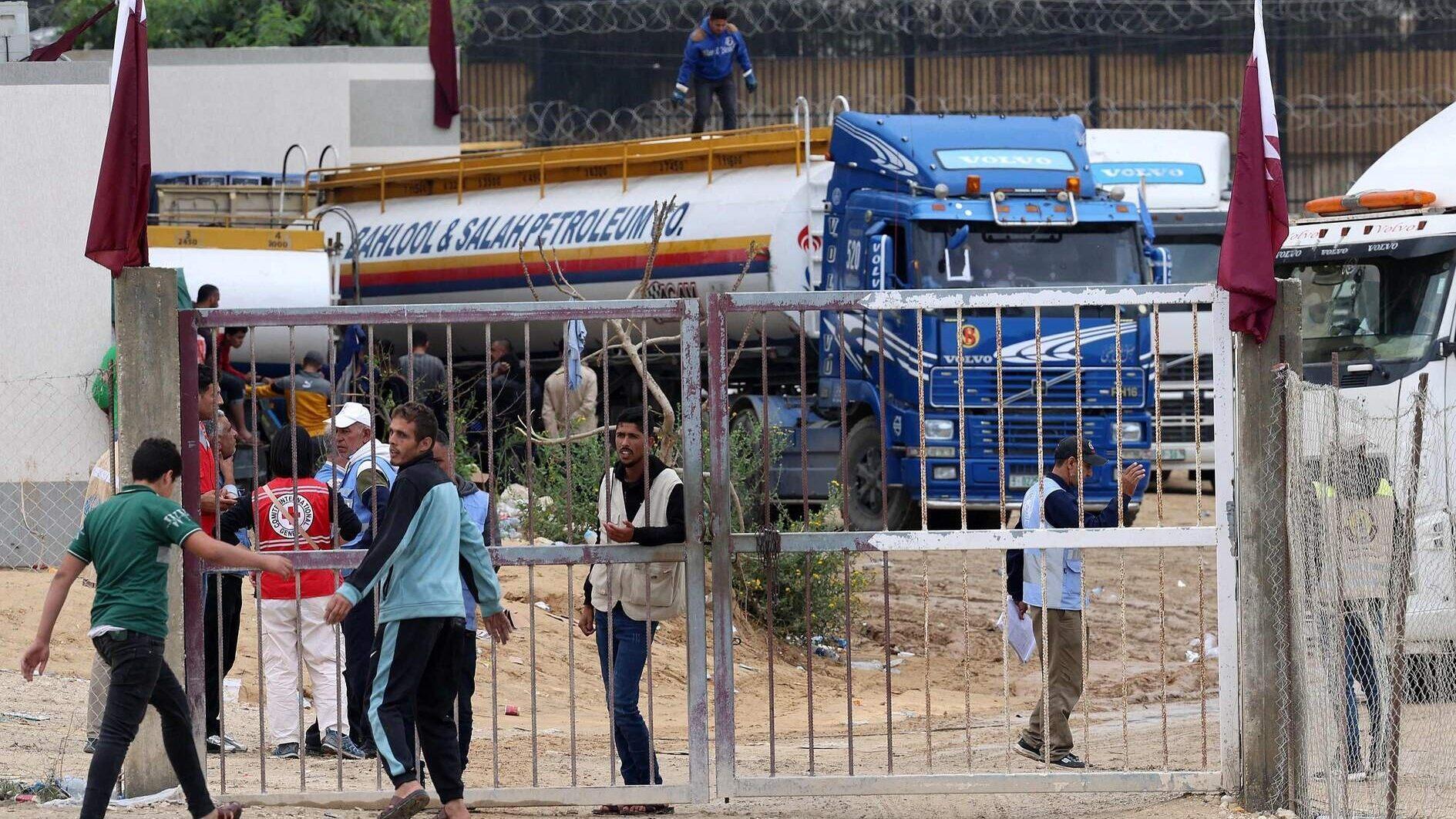Aid entering Gaza amid pause 'not even enough for triage': UN
GENEVA

The United Nations has welcomed the increase in aid deliveries into Gaza afforded by a temporary truce but warned it was not enough to even start addressing the Palestinian territory's massive needs.
U.N. children's agency UNICEF said the aid flow to the northern Gaza Strip - the largest since the Israel-Hamas war erupted on October 7 - was "the right start.”
"]It's] definitely the right type of aid - fuel, medicines, food, warmth," spokesman James Elder told a press briefing in Geneva via video-link from Gaza.
But, he warned, the needs in the besieged enclave of more than two million are so huge that "all this aid is triage... It's not even enough for triage."
When there are insufficient resources to treat everyone who needs it, hospitals and aid organizations are forced to triage - that is, to priorities the most urgent cases, or those people most likely to survive, and leave the others.
"The aid needs to multiply... Everything here is emergency care right now," Elder said.
Margaret Harris of the World Health Organization (WHO) agreed.
"The needs are massive. The amount of aid we've been able to get in is a trickle still," the WHO spokeswoman told the briefing.
The truce "has caused a moment of respite, critically to get aid in and also for people to take the heartbreaking task of looking for loved ones,” Elder said.
It was vital for the pause in fighting to be prolonged and turned into a permanent ceasefire, he said.
"It would be callous and cold to think we could turn around and start destroying homes and children and families' lives again."
At the same time, "there is no way" to get things like desalination and sewage treatment plants on Gaza working properly again during just a temporary pause in fighting.
If the hostilities resume, "mass killing of children" will continue in Gaza, at a time when civilians there are even more vulnerable than before - many living outdoors in increasingly cold weather, malnourished, lacking clean water and with disease threatening, Elder said.
Allowing Israel's bombardment of Gaza to resume, he said, "would be a dark stain on everyone's conscience.”
WHO said it was seeing a "massive increase" in some communicable diseases in the densely populated territory - including 45 times more diarrhoea cases that usual among young children - while most hospitals were unable to function and the health care system was crumbling.
Unless the health system is repaired and basics like food, water and medicine are reliably provided to Gaza, Harris warned that "eventually we will see more people dying from disease than we are even seeing from the bombardment.”
















